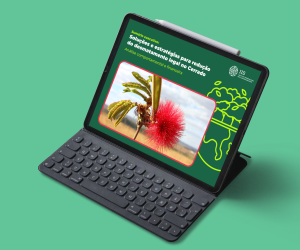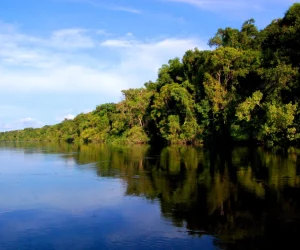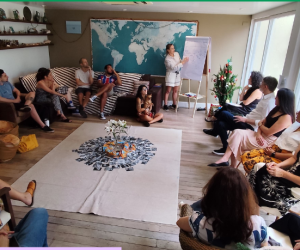About IIS > Internal collaborator
Bernardo Baeta Neves Strassburg
Founder
Bernardo B.N. Strassburg is the founder and president of the International Institute for Sustainability (IIS) in Rio de Janeiro, coordinator of the the Centre for Conservation and Sustainability Science (CSRio), Assistant Professor at the Department of Geography and Environment at the Pontifical Catholic University of Rio de Janeiro (PUC-Rio) and Professor at the Professional Master in Sustainability Science, from the same Department. Bernardo is an economist with a M.Sc. in environmental planning (focused on land-use change and ecosystem services in the Amazon), and Ph.D. in Environmental Sciences, focused on issues related to reducing emissions from deforestation and forest degradation (REDD+).
He is dedicated to the transition to sustainability, with focus in the sustainable use of land and its resources, conciliating production needs, environmental services and social development, by developing interdisciplinary research, providing assistance to governments, NGO's and private companies in the pursue of solutions to sustainability challenges and implementation of projects.
Bernardo has led a number of projects in the interface of REDD, biodiversity, improved land use, ecological restoration and financial incentives and published several scientific articles and reports on these topics. Has provided consultancy to the United Nations, the World Bank, Conservation International, World Wide Fund for Nature, the Brazilian and British governments, among others. Bernardo coordinates the Economics Working Group of the Pact for the Restoration of the Atlantic Rainforest.
Related Content

Addressing the urgent climate and biodiversity crisis through strategic ecosystem restoration in Brazil
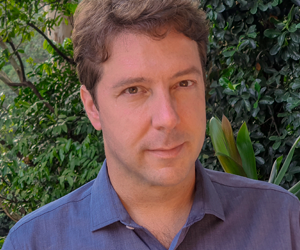
07.01.25
For the third consecutive year, Bernardo Strassburg is elected one of the most influential researchers in the world
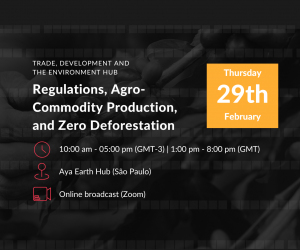
09.02.24
Video: Regulations, Agro-Commodity Production, and Zero Deforestation
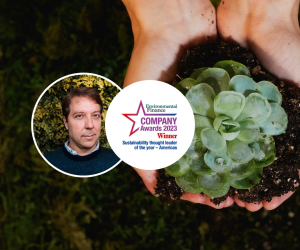
20.09.23
Bernardo Strassburg, president of IIS, has been elected as the “Sustainability Leader of the Year for 2023”
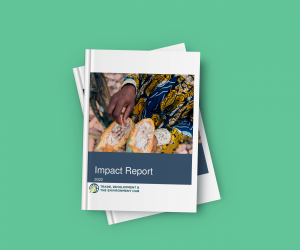
Impact Report 2022

Biochar and Forage Peanut improve pastures: Evidence from a field experiment in Brazil
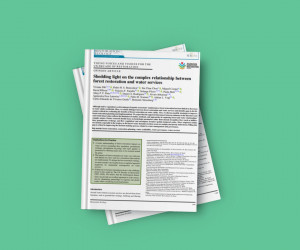
Shedding light on the complex relationship between forest restoration and water services
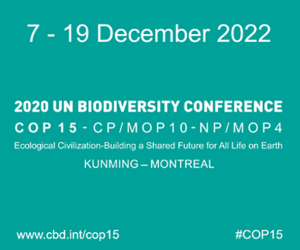
06.01.23
IIS contributes to different targets of the Post-2020 Global Biodiversity Framework (Post-2020 GBF)

Putting spatial planning on the map: how high-ambition countries are achieving nature and climate goals
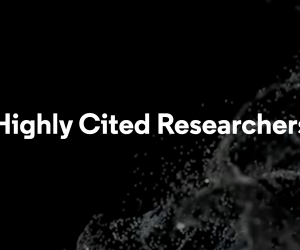
16.11.22
IIS president Bernardo Strassburg is one of the 20 Brazilian highly cited scientists in the world
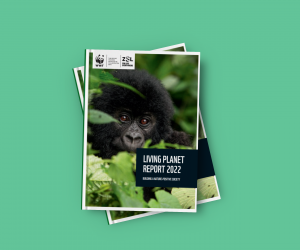
Living Planet Report 2022: building a nature-positive society

IIS-re.green partnership to restore at least 1 million hectares of forests
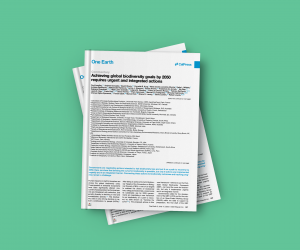
Achieving global biodiversity goals by 2050 requires urgent and integrated actions
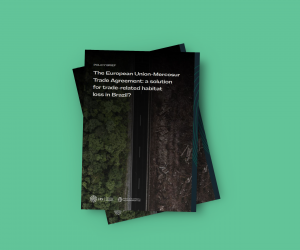
Policy Brief: The European Union-Mercosur Trade Agreement: a solution for trade-related habitat loss in Brazil?
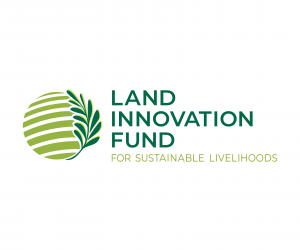
Behavioral Sciences applied to a sustainable soy chain
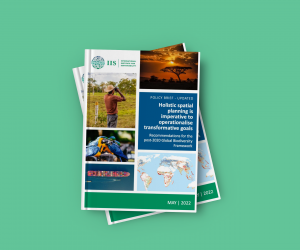
Holistic spatial planning is imperative to operationalise transformative goals: recommendations for the post-2020 Global Biodiversity Framework
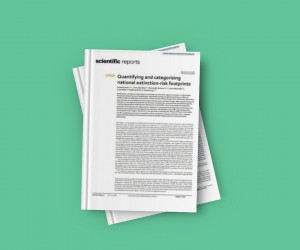
Quantifying and categorising national extinction-risk footprints
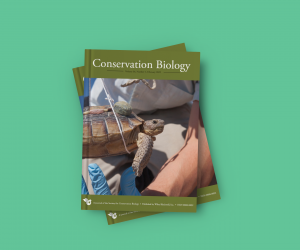
Predicting landscape-scale biodiversity recovery by natural tropical forest regrowth
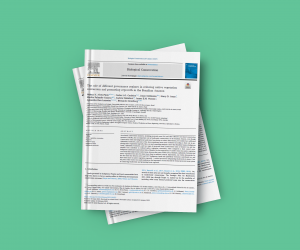
The role of different governance regimes in reducing native vegetation conversion and promoting regrowth in the Brazilian Amazon

15.02.22
Identifying Priority Areas for Restoration: Amazon Biome

Identifying Priority Areas for Restoration: Amazon Biome

04.02.22
Bernardo Strassburg, Executive Director of IIS, listed as one of the best scientists in the world by Stanford University and Elsevier
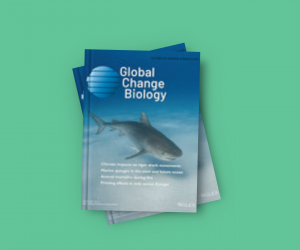
How do we best synergize climate mitigation actions to co-benefit biodiversity?
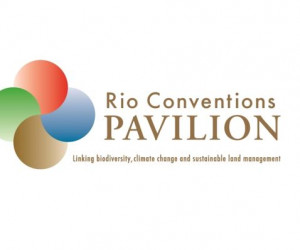
19.11.21
IIS at COP26
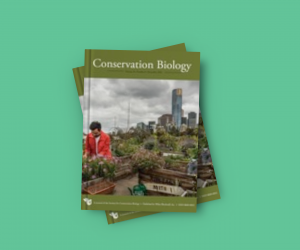
Predicting landscape-scale biodiversity recovery by natural tropical forest regrowth

A Decade for restoring Earth
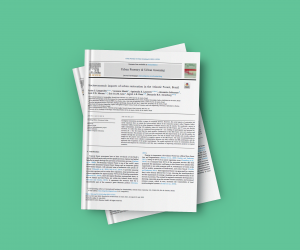
Socioeconomic impacts of urban restoration in the Atlantic Forest, Brazil
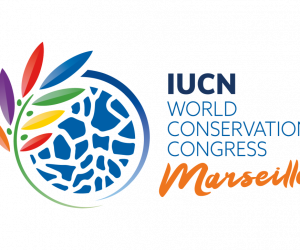
09.09.21
IIS at the IUCN World Conservation Congress
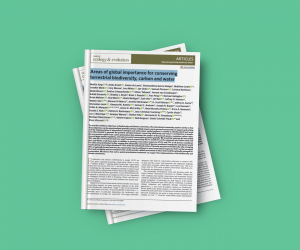
Areas of global importance for conserving terrestrial biodiversity, carbon and water
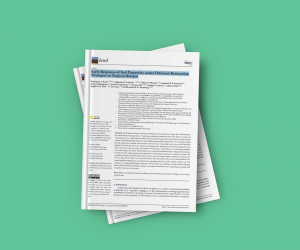
Early Response of Soil Properties under Different Restoration Strategies in Tropical Hotspot
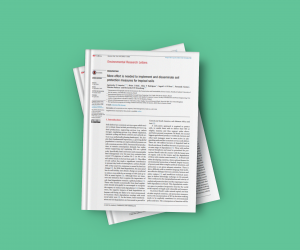
More effort is needed to implement and disseminate soil protection measures for tropical soils
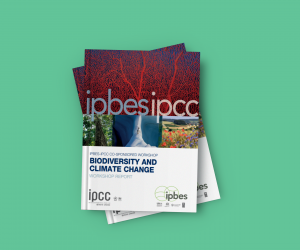
IPBES-IPCC co-sponsored workshop report on biodiversity and climate change
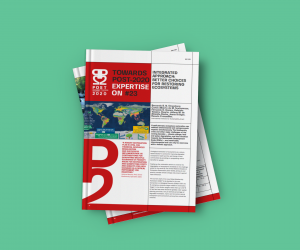
Expertise on #23 – Integrated approach: better choices for restoring ecosystems
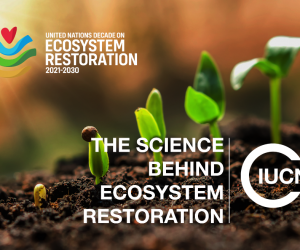
28.05.21
World Environment Day and the launch of the Decade of Ecosystem Restoration
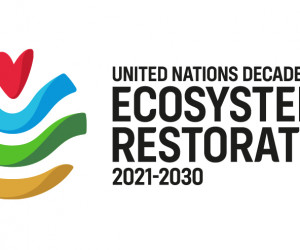
28.05.21
IIS in the UN Decade on Ecosystem Restoration
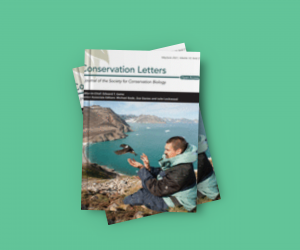
Conservation Letters: Setting robust biodiversity goals

Perspectives in Ecology and Conservation: Opportunities and challenges of OECMs for biodiversity conservation

Guidelines for Forest Landscapes Restoration in the Brazilian Atlantic Forest and Amazon
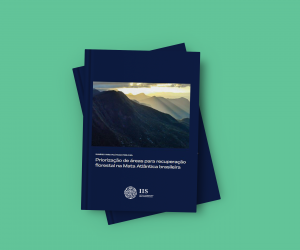
Summary for public policies: prioritizing areas for forest recovery in the Brazilian Atlantic Forest

Summary for public policies: prioritizing areas for forest recovery in the Brazilian Amazon

Frontiers in Ecology and Evolution: Local Perception in Forest Landscape Restoration Planning: A Case Study From the Brazilian Atlantic Forest
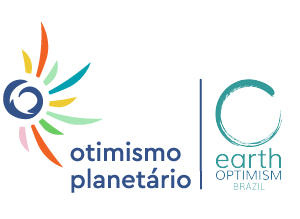
01.03.21
Earth Optimist Brazil 2021

26.02.21
Which landscapes should we restore first?
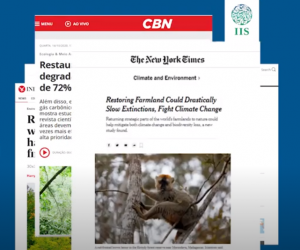
09.02.21
2020 in retrospective
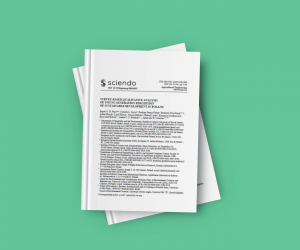
Survey-based qualitative analysis of young generation perception of sustainable development in Poland

Sustainability: Perception-Based Study on the Value of Nature to People and Land Sparing for Nature in Brazil and Poland
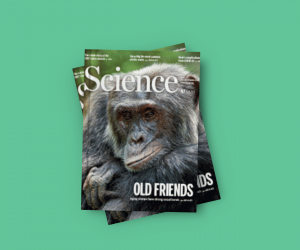
Science: Set ambitious goals for biodiversity and sustainability

14.10.20
Bernardo Strassburg interview about the study “Global priority areas for ecosystem restoration”

14.10.20
Restoring Farmland Could Drastically Slow Extinctions, Fight Climate Change

14.10.20
Rewild to mitigate the climate crisis, urge leading scientists

14.10.20
Look beyond forests for cost-effective nature restoration, governments urged
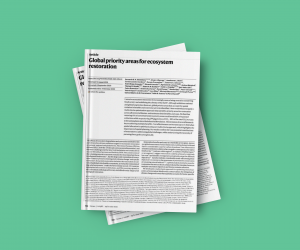
Nature: Global priority areas for ecosystem restoration
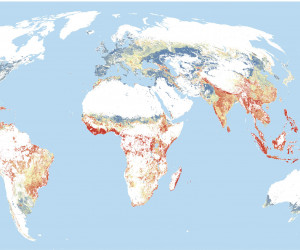
14.10.20
Restoring 30% of the world’s ecosystems in priority areas could stave off more than 70% of projected extinctions and absorb nearly half of the carbon built up in the atmosphere since the Industrial Revolution
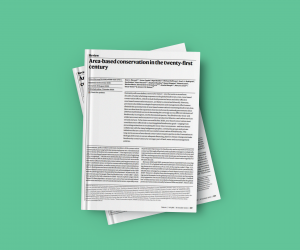
Nature: Area-based conservation in the twenty-first century
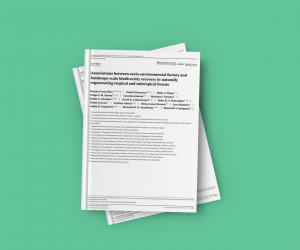
Conservation Letters: Associations between socio-environmental factors and landscape-scale biodiversity recovery in naturally regenerating tropical and subtropical forests
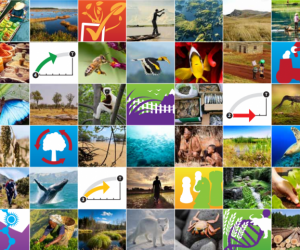
18.09.20
Humanity at a crossroads, says UN Global Biodiversity Outlook 5

Nature: Bending the curve of terrestrial biodiversity needs an integrated strategy
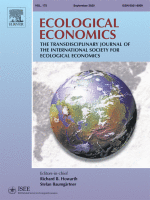
Ecological Economics: Costs and Carbon Benefits of Mangrove Conservation and Restoration: A Global Analysis
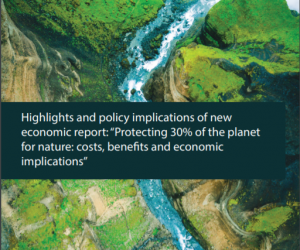
09.07.20
Economic Benefits of Protecting 30% of Planet’s Land and Ocean Outweigh the Costs at Least 5-to-1
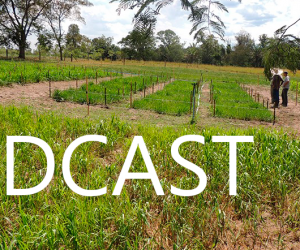
30.03.20
Podcast “Biochar for soil quality and farming sustainability in Brazil”
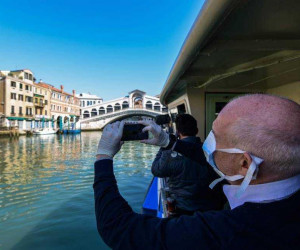
24.03.20
Empty streets and reduced pollution: Environment benefits from coronavirus expansion
Achieving cost-effective landscape-scale forest restoration through targeted natural regeneration
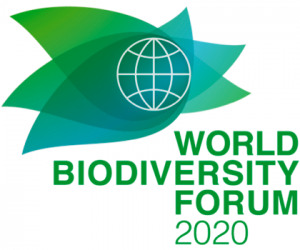
28.02.20
IIS team members attended the World Biodiversity Forum
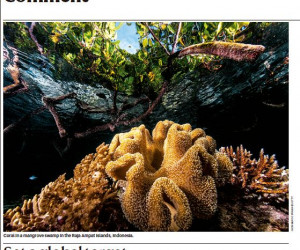
Nature´s publication highlights the importance of global goal for ecosystems
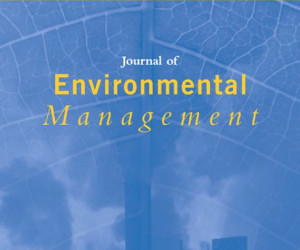
The importance of Legal Reserves for protecting the Pantanal biome and preventing agricultural losses
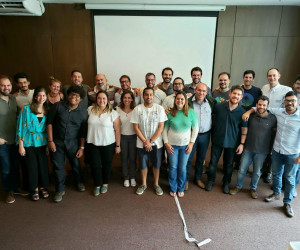
06.12.19
Ten Years of The Atlantic Forest Restoration Pact (PACTO)
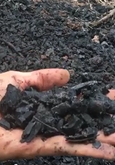
Biochar amendment improves degraded pasturelands in Brazil: environmental and cost-benefit analysis
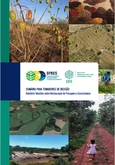
Landscape and Ecosystem Restoration – Summary for Decision Makers
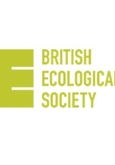
A new approach to map landscape variation in forest restoration success in tropical and temperate forest biomes
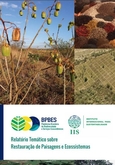
Thematic Report – Landscape and Ecosystem Restoration
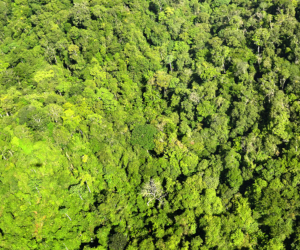
Unlocking the Commercial, Financial and Economic Opportunities of Forest and Landscape Restoration in Brazil
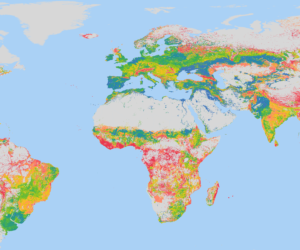
PLANGEA: Strategic Land Use Planning
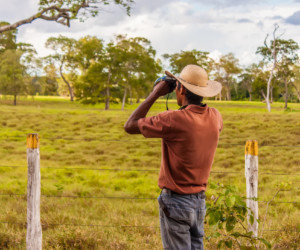
UKRI GCRF Trade, Development and the Environment Hub
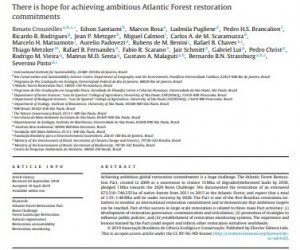
There is hope for achieving ambitious Atlantic Forest restoration commitments
Biodiversity: honour guidelines that reconcile world views
Strategic approaches to restoring ecosystems can triple conservation gains and halve costs

Searching for solutions for the conflict over Europe’s oldest forest
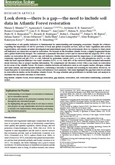
Look down — there is a gap — the need to include soil data in Atlantic Forest restoration
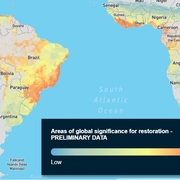
05.10.19
IIS joins Nature Map
Nature Ecology & Evolution: Moment of truth for the Cerrado hotspot
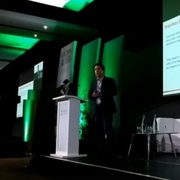
30.09.19
IIS Introduce Restoration Project in South Africa´s Conference
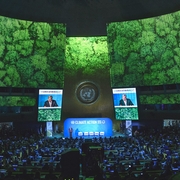
23.09.19
IIS launch summary at UN Climate Change Summit
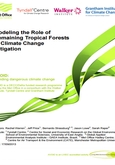
Modeling the Role of Remaining Tropical Forests in Climate Change Mitigation
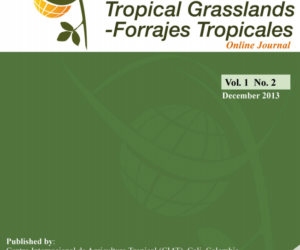
Challenges and opportunities for improving eco-efficiency of tropical forage-based systems to mitigate greenhouse gas emissions
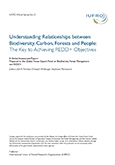
Understanding relationships between biodiversity, carbon, forests and people
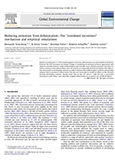
Reducing emissions from deforestation—The ‘‘combined incentives’’ mechanism and empirical simulations
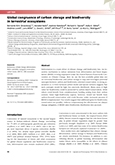
Global congruence of carbon storage and biodiversity in terrestrial ecosystems
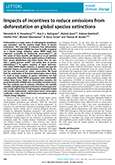
Impacts of incentives to avoid emissions from deforestation on global species extinctions
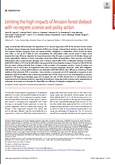
Limiting the high impacts of Amazon forest dieback with no-regrets science and policy action

Limiting the high impacts of Amazon forest dieback with no-regrets science and policy action

06.05.19
Bernardo Strassburg is interviewed by “Jornal Nacional” on the report of the Intergovernmental Platform for Scientific Policies on Biodiversity and Ecosystem Services (IPBES)

04.05.19
Planejamento pode conciliar recuperação florestal e expansão agrícola
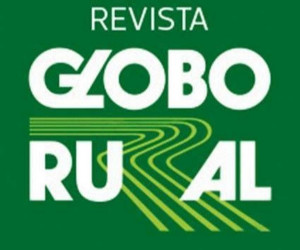
04.05.19
Planejamento pode conciliar recuperação florestal e expansão agrícola
25.03.19
Algorithm helps in the restoration of the Atlantic Forest
08.01.19
Atlantic Forest: where it is worth to restore
30.12.18
Research help Atlantic Forest
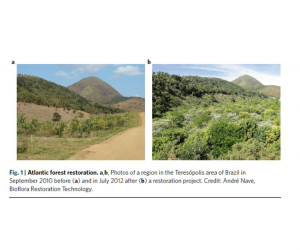
20.12.18
Restoration where it pays off
19.12.18
Algorithm indicates the best places to restore the Atlantic Forest
18.12.18
Optimizing restoration can deliver an eightfold increase in cost-effectiveness
18.12.18
Brazil could save more species at half the cost with new forest restoration plan
17.12.18
Brazlian researcher presents novel approach to identify optimal priority areas for restoration in Atlantic Forest hotspot
17.12.18
Restoration where it pays off
12.12.18
Brazil conservation plan could save three times the species for half the money
22.10.18
Preserved forest worth more than deforested land, study says
14.10.18
The Cerrado is heading for the largest extinction of plants ever recorded in the world. According to Bernardo Strassburg, director of IIS, even if deforestation stops today, without restoration 657 sp
25.09.17
Final TEEB project presentation for the Secretariat for the Environment of the State of São Paulo
30.04.17
Bernardo Strassburg talks to TV PUC-Rio about the progress of Cerrado deforestation, its consequences and the possibilities to avoid the collapse of the biome.
20.04.17
Bernardo Strassburg speaks with the Center for International Forestry Research (CIFOR) on the sidelines of the 13th Conference of Parties to the Convention on Biological Diversity (CBD COP13).
24.03.17
The G1 website has disseminated the study elaborated by CSRio, IIS and partners, which shows that in 30 years the Brazilian cerrado may have higher plant extinction in the world history
24.03.17
Bernardo Strassburg talks about the progress of deforestation in Cerrado in an article from Observatório Eco – Direito Ambiental.
11.11.16
Discussion forum with Bernardo Strassburg and Agnieszka Latawiec, from IIS, at the Global Landscape Forum held in Paris – 2015 (from the 36th minute)
15.04.16
Centre for Conservation and Sustainability Science is inaugurated
10.01.16
Bernardo Strassburg and Agnieszka Latawiec talks to PUC-Rio TV about the importance of preserving the Cerrado biome.
15.11.15
Director of the International Institute for Sustainability (IIS) comments on reforestation challenges
04.05.15

